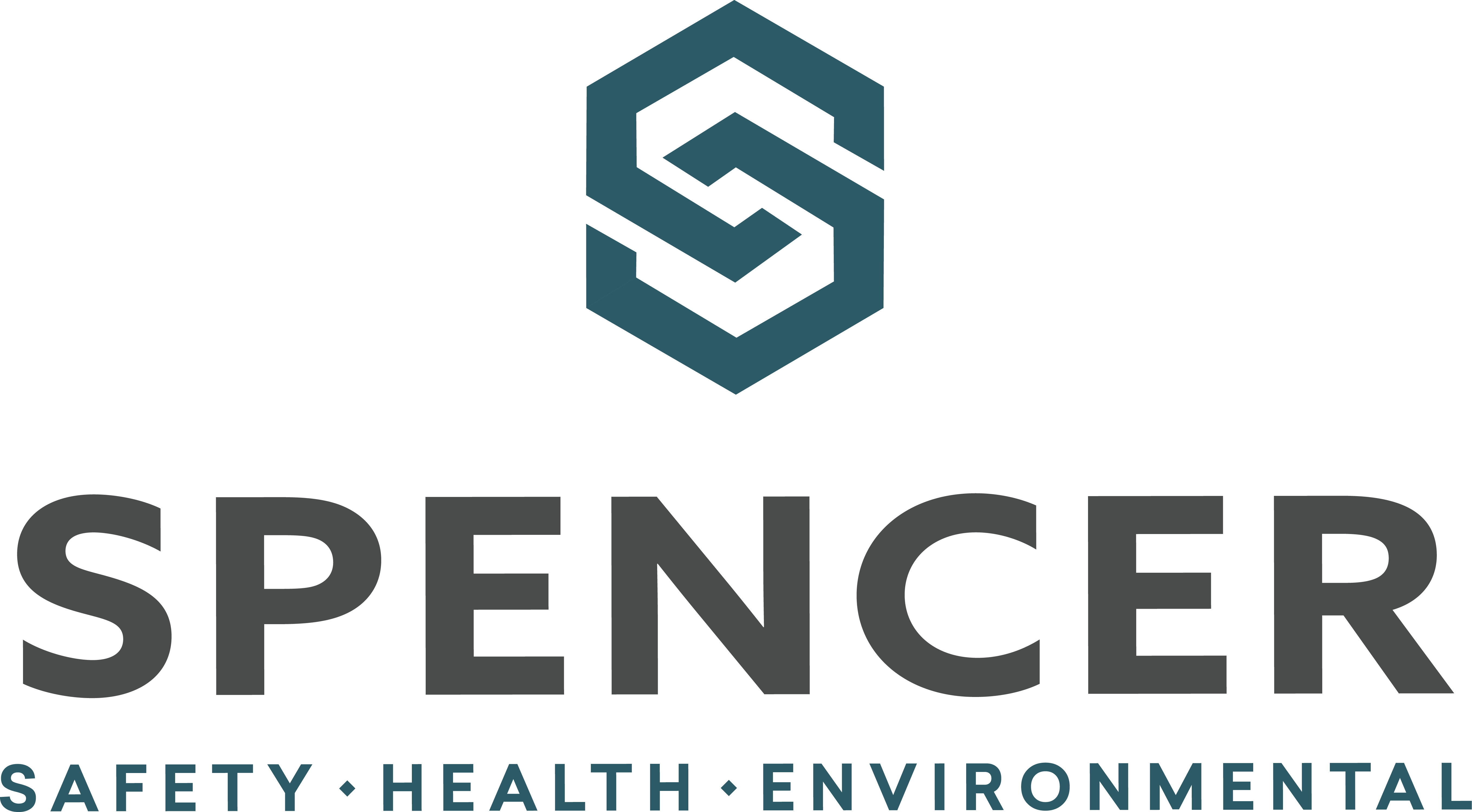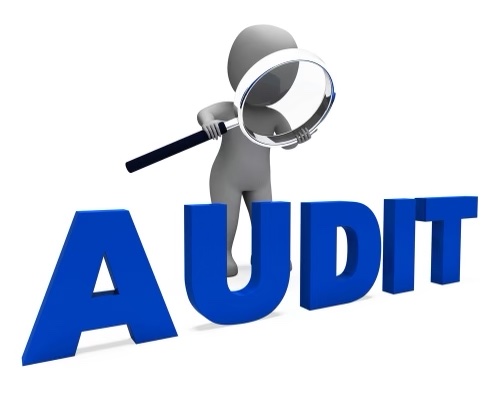Environment, Social, and Governance (ESG) reporting has emerged in recent years as an area of attention and progress in the public disclosure landscape.
The success of an ESG audit is dependent on the maturity of the organization, the type of product manufactured or service rendered, the auditing standards used, and the social context of your company. An ESG audit will help to determine the specific moves your company needs to take to shut down risks and capture opportunities most relevant to its goals.
An ESG audit will also verify the accuracy of your ESG-related disclosures. Five steps to consider when preparing for an ESG audit are: interview your stakeholders; incorporate ESG into risk management; map ESG compliance requirements to other frameworks; select a guiding ESG framework and prepare for ESG reporting.
Incorporate ESG Into Your Overarching Risk Management Plan
As you develop or revise your organization’s risk management plan, you’ll want to consider how ESG risks and opportunities intersect with other types of risks. Take stock of your risks and opportunities and use your stakeholders’ answers to help you keep track of ESG risks that may not have shown up in your initial drafting; a report from Deloitte Ireland promotes full integration of ESG into risk management plans, concluding that “future developments in regulation, an increase in ESG expertise in the industry and resulting improvements in available data should lead to the ongoing maturity of firm’s ESG risk management capabilities.”
Determine Which Compliance Requirements Overlap With ESG
Depending on the scope and maturity of your company, you will likely have numerous compliance requirements related to ESG already. For example, if your company is seeking compliance with Sarbanes-Oxley (SOX), you’ll already have a plan for financial reporting in place and will already be reporting to the SEC; integrating climate-related disclosures into that report will save you time and energy. The International Organization for Standardization (ISO) also has numerous ESG-related standards, like ISO 14001 for Environmental Management Systems and ISO 45001 for Occupational Health and Safety, which provide strategies for protecting the environment and human capital. ISO recently created a committee (ISO/TC 322) to focus solely on ESG in the coming years.
Choose Your ESG Guidance Frameworks
Whether you’re doing an internal audit or selecting a third-party auditor to evaluate your ESG risks, you will need to choose one or more ESG frameworks that work well for your company and its goals. Two of the most popular frameworks are put out by the Sustainability Accounting Standards Board (SASB) and the Task Force on Climate-Related Financial Disclosures (TCFD), with the Global Reporting Initiative (GRI) coming up as a close third. SASB provides broader sector-specific guidelines on a range of ESG risks, while TCFD is more specifically geared towards climate issues. The framework you choose should fit your specific industry and align with your overarching risk management strategy.
Prepare for ESG Reporting
ESG reporting may already be familiar to your organization, since the SEC requires that publicly-traded companies submit annual reports on human capital resources (HCR). The SEC is in the process of implementing stronger regulations regarding climate-related disclosures in financial reporting. Companies should expect ESG reporting to become increasingly complex in the future. Your ESG audit should include a plan for reporting your ESG risks and strategies to your stakeholders and any regulatory entities. Those reports, in turn, will substantiate that the data you are reporting is accurate, complete, and transparent and that your company’s core values and commitments are authentic.
Spencer-SHE has been providing Safety, Health, and Environmental Compliance Guidance since 1980. We embrace the principles of ESG and can assist with risk analysis and reporting.
Contact us here to help you to develop and maintain a safe and healthy workforce.
Sources:
https://www.auditboard.com/blog/esg-audit-checklist/
SEC.gov | Enforcement Task Force Focused on Climate and ESG Issues
https://www.wsj.com/finance/investing/esg-ratings-f569f60e?mod=hp_jr_pos3

